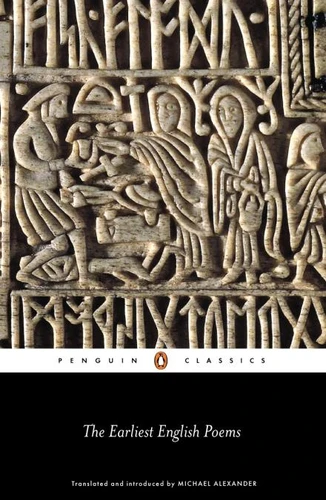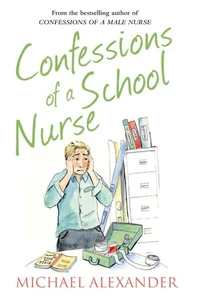The Earliest English Poems
Par :Formats :
Disponible dans votre compte client Decitre ou Furet du Nord dès validation de votre commande. Le format ePub protégé est :
- Compatible avec une lecture sur My Vivlio (smartphone, tablette, ordinateur)
- Compatible avec une lecture sur liseuses Vivlio
- Pour les liseuses autres que Vivlio, vous devez utiliser le logiciel Adobe Digital Edition. Non compatible avec la lecture sur les liseuses Kindle, Remarkable et Sony
- Non compatible avec un achat hors France métropolitaine
 , qui est-ce ?
, qui est-ce ?Notre partenaire de plateforme de lecture numérique où vous retrouverez l'ensemble de vos ebooks gratuitement
Pour en savoir plus sur nos ebooks, consultez notre aide en ligne ici
- Nombre de pages192
- FormatePub
- ISBN0-14-194543-5
- EAN9780141945439
- Date de parution27/07/2006
- Protection num.Adobe DRM
- Infos supplémentairesepub
- ÉditeurPENGUIN
Résumé
Anglo-Saxon poetry was produced between 700 and 1000 AD for an audience that delighted in technical accomplishment, and the durable works of Old English verse spring from the source of the English language. Michael Alexander has translated the best of the Old English poetry into modern English and into a verse form that retains the qualities of Anglo-Saxon metre and alliteration. Included in this selection are the 'heroic poems' such as Widsith, Deor, Brunanburh and Maldon, and passages from Beowulf; some of the famous 'riddles' from The Exeter Book; all the 'elegies', including The Ruin, The Wanderer, The Seafarer, The Wife's Complaint and The Husband's Message, in which the virtu of Old English is found in its purest and most concentrated form; together with the great Christian poem The Dream of the Rood.
Anglo-Saxon poetry was produced between 700 and 1000 AD for an audience that delighted in technical accomplishment, and the durable works of Old English verse spring from the source of the English language. Michael Alexander has translated the best of the Old English poetry into modern English and into a verse form that retains the qualities of Anglo-Saxon metre and alliteration. Included in this selection are the 'heroic poems' such as Widsith, Deor, Brunanburh and Maldon, and passages from Beowulf; some of the famous 'riddles' from The Exeter Book; all the 'elegies', including The Ruin, The Wanderer, The Seafarer, The Wife's Complaint and The Husband's Message, in which the virtu of Old English is found in its purest and most concentrated form; together with the great Christian poem The Dream of the Rood.
















